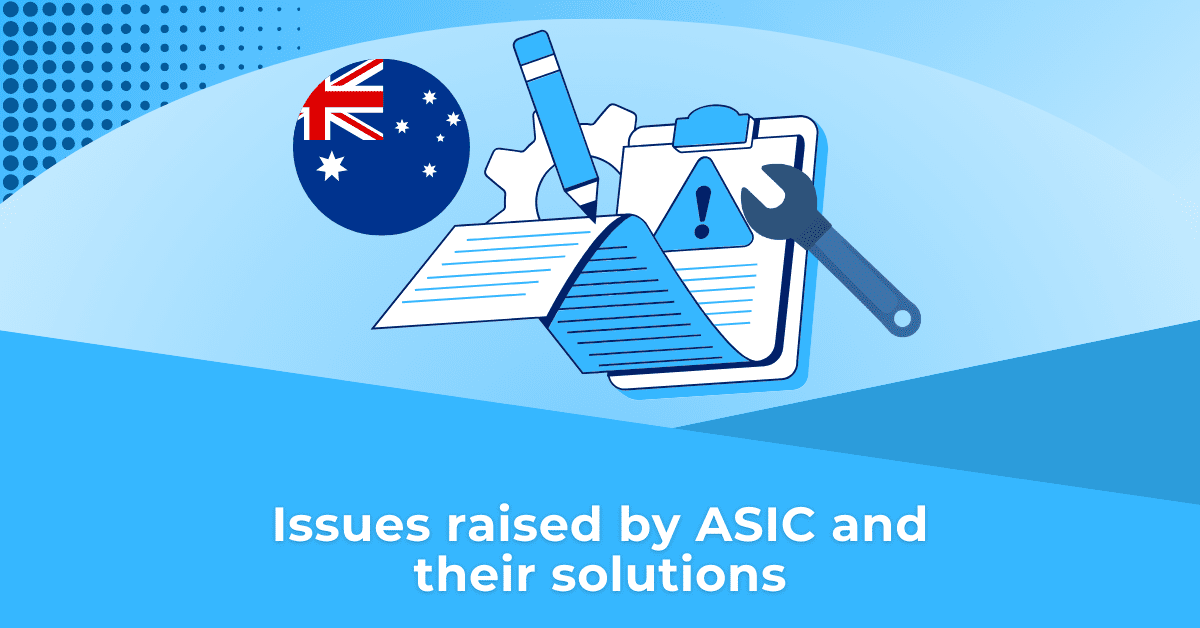We recommend all European investment firms (IFs) review CySEC’s circular which identified a number of issues with MiFIR transaction reporting undertaken.
You should:
- Check your MiFIR transaction reporting against the specific points raised by CySEC; and
- Conduct an overall review of your MiFIR transaction reporting processes.
IFs are responsible for monitoring the completeness and accuracy of their submitted transaction reports, however TRAction will assist its clients to comply with the requirements.
Issues identified and TRAction’s suggested actions
1. Late submission
Reporting entities (REs) did not submit the transactions to Transaction Reporting Exchange Mechanism (TREM) within the required T+1 timeframe (i.e. the transactions executed on day T, must be reported no later than 23:59:59 of day T+1).
Suggested action
If you are using a delegated transaction service, we suggest you provide your transaction files to them as early as possible on T+1, so they have sufficient time to submit your transactions to the Approved Reporting Mechanism and fix any errors which come back from the ARM.
TRAction requires its clients to provide their transaction files by 3pm Cyprus time (UTC+3) on T+1.
In circumstances where there will be a delay in providing your files on T+1, it’s important to contact your service provider and give them heads-up.
2. Invalid Index Name (Field 48 – Underlying index name)
REs have incorrectly populated field 48with the name of financial instruments instead of an index name. Specifically, CySEC observed that this has happened often, especially when REs are either unaware of the ISIN of a financial instrument or are unsure of the reportability of a financial instrument.
Suggested action
Review your transaction files where an index does not have an ISIN and ensure that an index name is populated in field 48. If you are unsure of the ISIN of a financial instrument or whether a financial instrument is reportable, reach out to your reporting service provider to see if they can assist.
TRAction reviews its clients’ transaction files, checks if field 48 is populated correctly and assists to make the necessary updates.
3. Default trading time (Field 28 – Trading Date Time)
REs have used the default trading time instead of the actual execution time.
Suggested action
Ensure you provide an execution timestamp in field 28 in your transaction files. All transactions must be reported with an accurate timestamp (at least to the ‘second’ for the purpose of compliance).
4. Default price (Field 33 – Price)
REs have used a default price (price = 0) when reporting their transactions.
Suggested action
Price of 0 is only be used when a price is not available. Review field 33 in your transaction files and ensure the price is not a zero unless it is not available.
5. Incorrect Classification of Financial Instruments (CFI) codes (Field 43 – Instrument Classification)
REs have used incorrect CFI codes in field 43 in their transaction reports. The CFI codes are considered incorrect if the ‘*’ part is substituted with an X. In the example of forwards below, the CFI code is in the format of -J-*-*-X-*-*-. The parts with * need to be filled in in accordance with the ISO 10962 guidelines.
Suggested action
ISO 10962 requires different formats for different financial instruments and many REs are confused about how to fill in the * part correctly. To do this correctly, you should either:
- purchase a copy of ISO 10962 and follow the guideline; or
- get your reporting service provider to populate this field for you.
TRAction completes the field 43 on behalf of its clients and ensures all CFI codes are correctly populated.
If you have any concerns or questions, please don’t hesitate to contact us.




